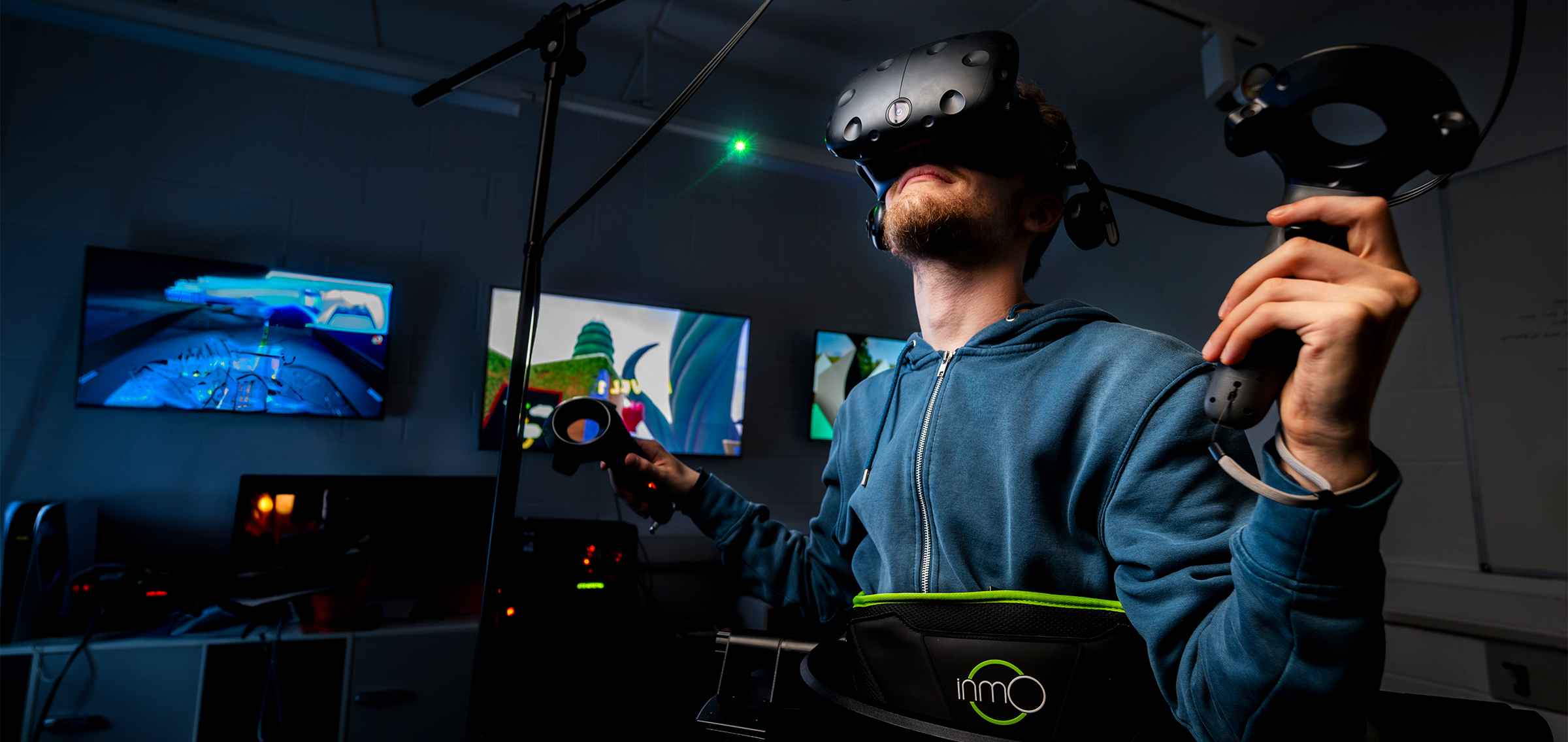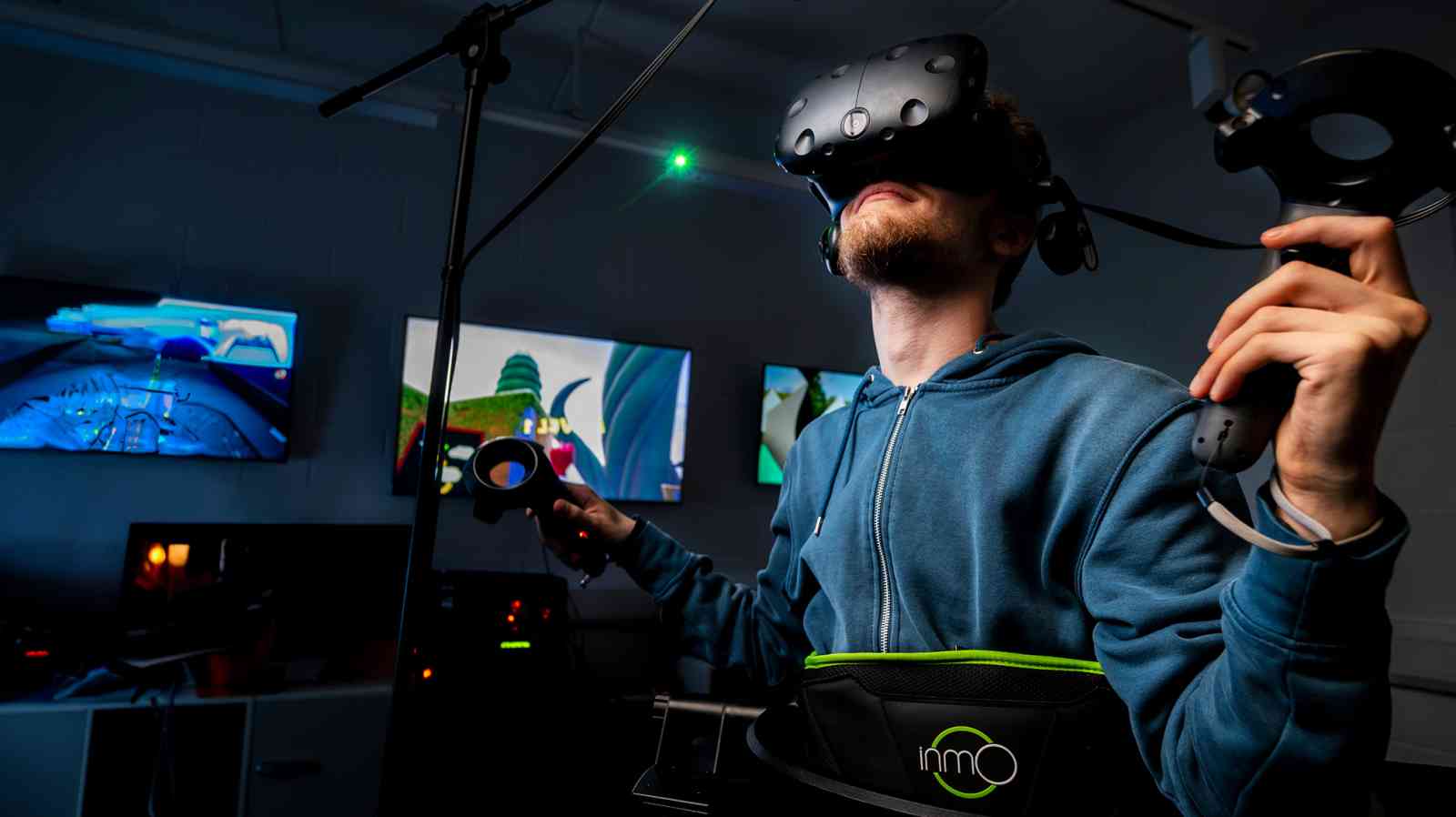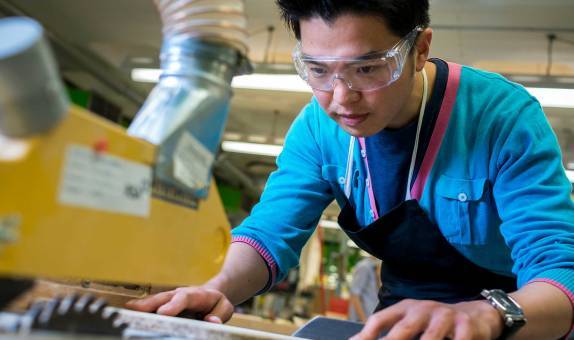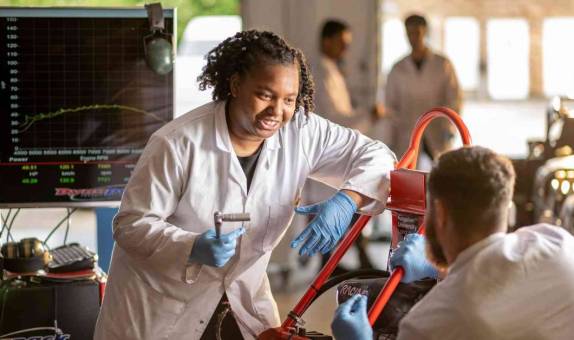Gain Future Skills with your undergraduate degree
Knowledge to give you the edge
At Kingston University, we're passionate about enhancing our students' life chances by helping them make the most of their learning opportunities and equipping them with the future skills and knowledge needed in the 21st Century's demanding workplace, so when you choose to study an undergraduate course at Kingston, you know that you will gain more than a degree. The development of Future Skills is ingrained throughout every year of every course, ensuring you learn employability enhancing skills with your subject.
In your first year, you'll be part of the Navigate module, which will support your transition to university through developing your resilience and reflective thinking. You'll undertake self-assessment interactive workshops to help you understand the importance of personal development. The following year you'll explore beyond your own discipline, working on projects with students across the University and then in your final year you'll learn to apply your skills beyond the University. You'll also be offered a self-assessment of your current digital and AI skills and given guidance and learning resources through the Future Skills curriculum to progress them to the next level.
Future Skills is also part of something bigger – it connects you to the rest of your Kingston community and helps you to achieve your best.
Through the Future Skills module, I've been able to explore the evolving skills needed for career success. I've become much more aware of the importance of adaptability, critical thinking and digital literacy.
Daunté Redway, Mechanical engineering student
Future Skills gives students a practical knowledge of skills, such as creative thinking, problem solving, communication and collaboration, that we need to develop both at university and outside our studies.
Priyanshi Goyal, Accounting and finance student
Future Skills: The Kingston Approach
In a world increasingly dominated by artificial intelligence and other emerging technologies, Kingston University remains firmly at the forefront of a national conversation highlighting the urgent need for skills development to be embedded across higher education.
Over the course of the past three years, the University's Future Skills campaign has championed the importance of skills for innovation and their vital role in driving a thriving national economy. We have now released our latest report, Future Skills: The Kingston Approach, in which, working in partnership with YouGov, we have surveyed more than 2,000 business and industry leaders, 1,000 current full-time students and 2,000 members of the wider public.
This research confirms the economic imperative of embedding Future Skills, not only across our own curriculum, but also across the wider higher education sector to provide employers with the skills they most value and prepare graduates for career success in a rapidly changing digital-first world.
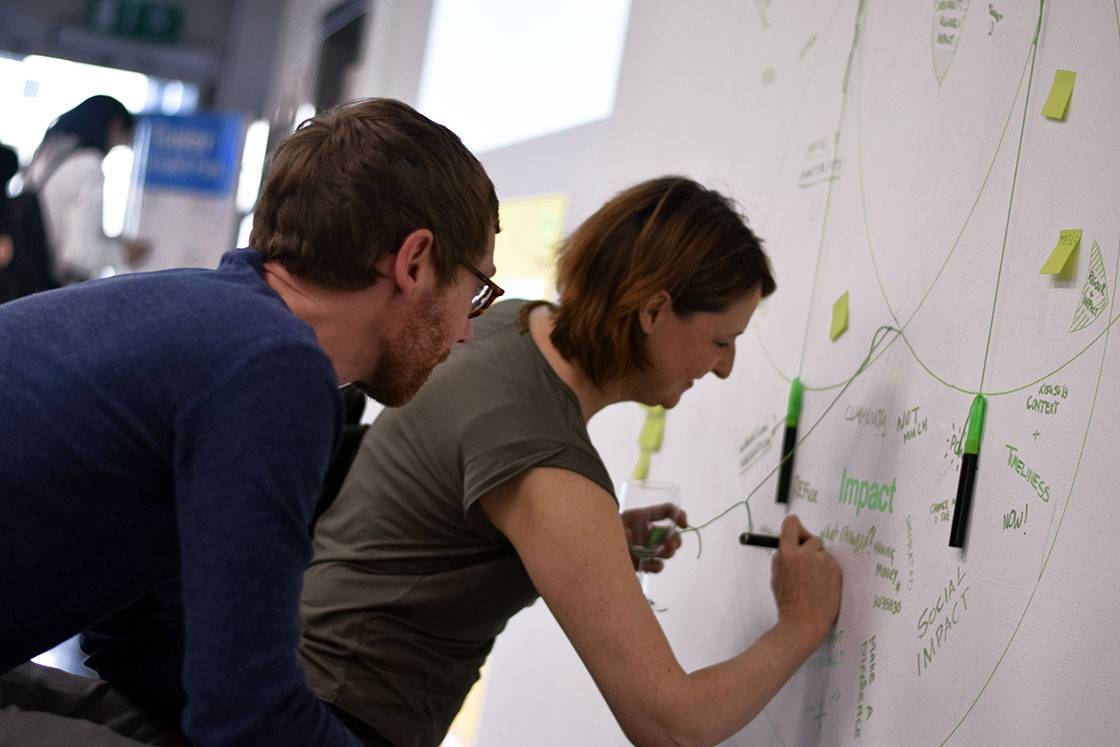
The Future Skills you will be taught
- Adaptability
- Collaboration
- Creative problem solving
- Digital competency
- Empathy
- Enterprising
- Questioning mindset
- Resilience
- Self-awareness
Future-proof graduates
Embedded within the curriculum and throughout the whole Kingston experience, Future Skills is playing an integral role in making our students future-proof graduates.
At Kingston University, we're not just keeping up with change, we're creating it.
Watch the video to hear from students, politicians and business leaders how Future Skills is being embedded into the Kingston curriculum.
Navigate has helped me with my career, particularly because it has enabled me to work on my graduate attributes through self-reflection. I now have a part-time job in the music industry, which is benefiting my studies as well as giving me vital extra experience.
Francesca Williams, Music technology student
What I found especially inspiring about the Future Skills Navigate module was its practical orientation. It didn't just identify the necessary skills, it gave actionable steps and resources to cultivate them. It guided me in crafting a well-structured career plan.
Naveen Shah, Mechanical engineering student
Artificial intelligence has made more urgent the already significant challenge of ensuring students have the skills to succeed in the modern workplace. Young people being educated today will go on to do jobs that don't yet exist, in sectors we can barely imagine, using tools entirely alien in the current business environment.
"It is no longer simply enough for universities to offer narrow, subject-based knowledge to students in preparation for their future careers. Instead, we need to equip our graduates with the skills to navigate a turbulent world that will continue to be disrupted. There is additionally a real need to look at AI from a human-centred perspective. There will be a premium on human skills that cannot be easily replicated by technology, such as creativity and critical thinking.
Professor Steven Spier, Vice-Chancellor, Kingston University

